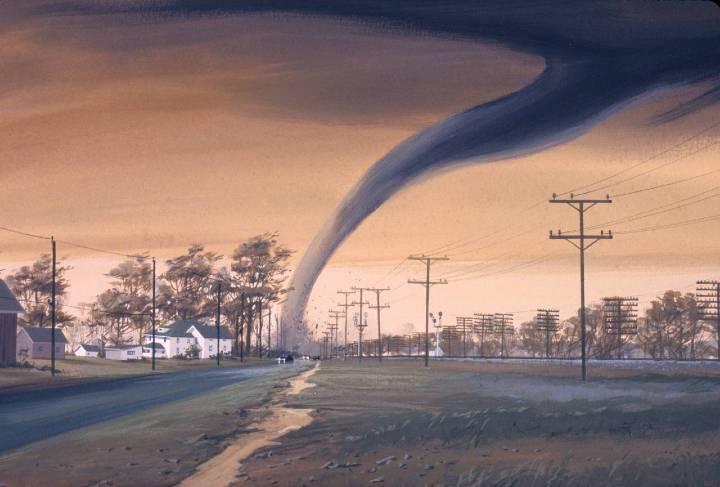
Asphalt is a durable material commonly used in road construction and paving, but its performance can be affected by extreme weather conditions. Here's a breakdown of how asphalt typically responds to various weather conditions:
Heat: Asphalt can soften and deform under high temperatures, especially during hot summers. This can result in rutting or the formation of tire tracks on the road surface. To mitigate this, asphalt mixtures can be designed with additives and modifiers to improve their resistance to high temperatures.
Cold: Asphalt becomes more brittle in cold weather, which can lead to cracking and pothole formation. Frost heaves, caused by the expansion of water beneath the pavement, can also damage asphalt. Proper design and construction techniques, such as incorporating thicker asphalt layers and using appropriate additives, can help reduce the negative effects of cold weather.
Moisture: Asphalt is generally resistant to water penetration. However, prolonged exposure to moisture and poor drainage can lead to the deterioration of the asphalt pavement. Water infiltration can weaken the base layers and result in cracks, potholes, and pavement failure. Regular maintenance, including proper sealing and patching, is important to prevent water-related damage.
UV radiation: Asphalt is susceptible to damage from ultraviolet (UV) radiation in sunlight. Over time, exposure to UV rays can cause oxidation and surface deterioration, resulting in color fading, cracking, and loss of flexibility. Protective surface treatments, such as seal coating and asphalt rejuvenators, can help prolong the lifespan of the asphalt by shielding it from UV radiation.
To ensure the longevity and performance of asphalt under extreme weather conditions, it is essential to use appropriate materials, employ proper construction techniques, and implement regular maintenance and repairs. Additionally, ongoing research and advancements in asphalt technology continue to improve its resilience and ability to withstand challenging weather conditions.


